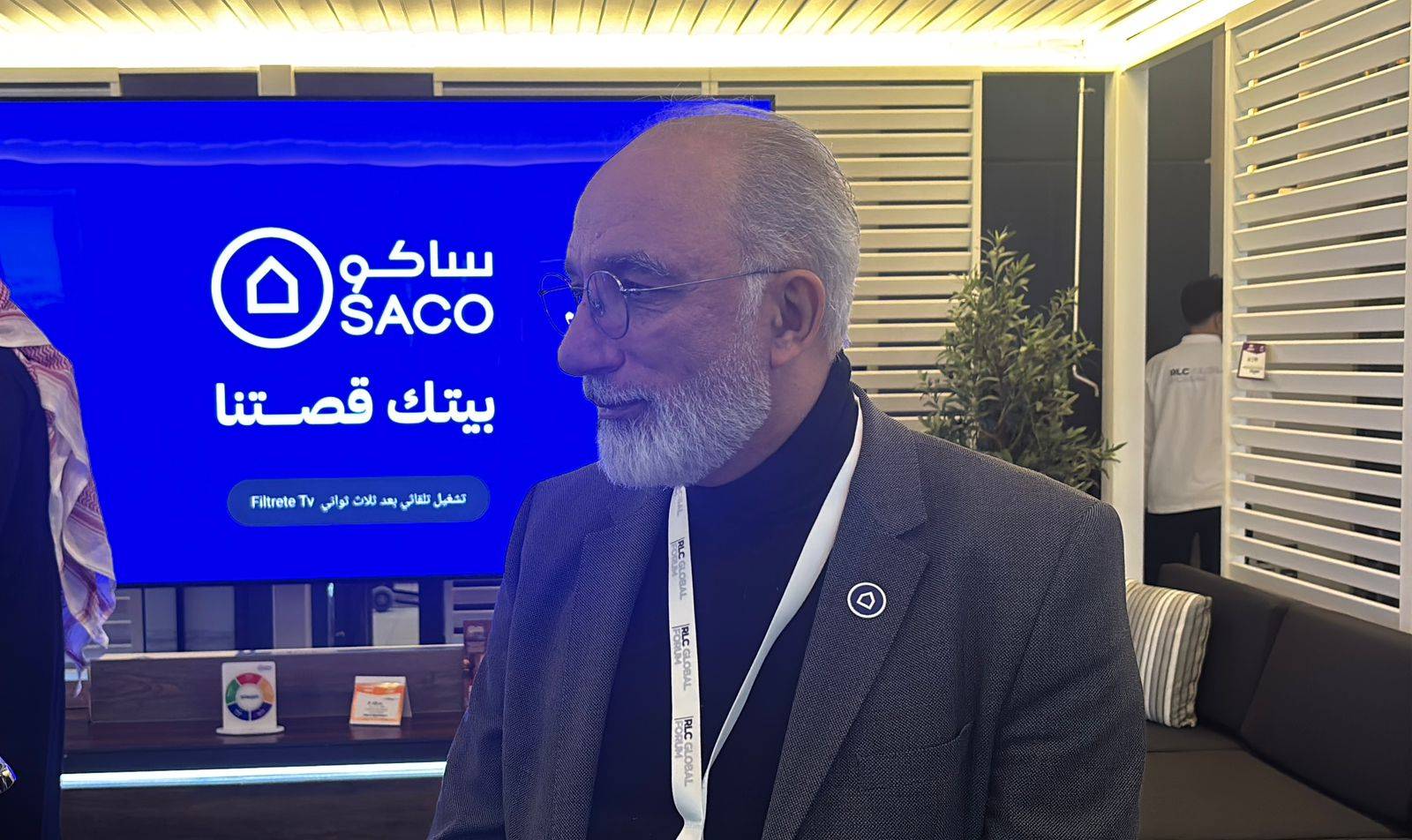As South Korea recently announced its intention to encourage its companies to enter the Saudi market and seize the available opportunities, Saudi Minister of Finance Mohammed Al-Jadaan met on Wednesday in Seoul, with a consortium of South Korean companies, in the presence of Wong Hee-ryong, Korean Minister of Lands, Infrastructure and Transportation.
The Minister of Finance noted that the Kingdom’s privatization program was moving at an accelerated pace, and currently covered 200 projects in 17 sectors, with investments exceeding $50 billion.
He also unveiled ongoing work to evaluate 300 projects within the privatization program, pointing that Saudi Arabia has far completed 30 projects over the past five years.
Al-Jadaan went on to say that his country has adopted a modern framework for privatization and partnership projects between the public and private sectors, based on international best practices.
Those projects provide promising opportunities for Korean investors and suppliers, he noted, adding that the Kingdom was happy to welcome Korean investments, in a way to pushes bilateral relations forward.
Al-Jadaan also met Wednesday with the Korean Deputy Prime Minister and Minister of Economy and Finance, Choo Kyung-ho.
During the meeting, the two sides reviewed bilateral economic relations and discussed the developments of the global economy, including the ongoing challenges faced by many low-income countries, such as high inflation rates, rising lending costs, and food insecurity.
Talks during the meeting also touched on international financial issues, and the need to increase efforts to accelerate the Common Framework initiative, launched during the Kingdom’s G20 Presidency in 2020.
Al-Jadaan highlighted the progress made under Vision 2030 in the implementation of economic reforms and wide-ranging partnership projects between the public and private sectors.
The Saudi minister held a separate meeting with the Chairman and President of the Export-Import Bank of Korea, Hee-Sung Yoon. The two officials discussed the opportunities to enhance cooperation in common fields, in a way that contributes to raising the level of investment and trade between the two countries.
Al-Jadaan also provided an overview of the recent economic developments in the Kingdom, highlighting the positive outlook of the Saudi economy and the favorable investment opportunities.










